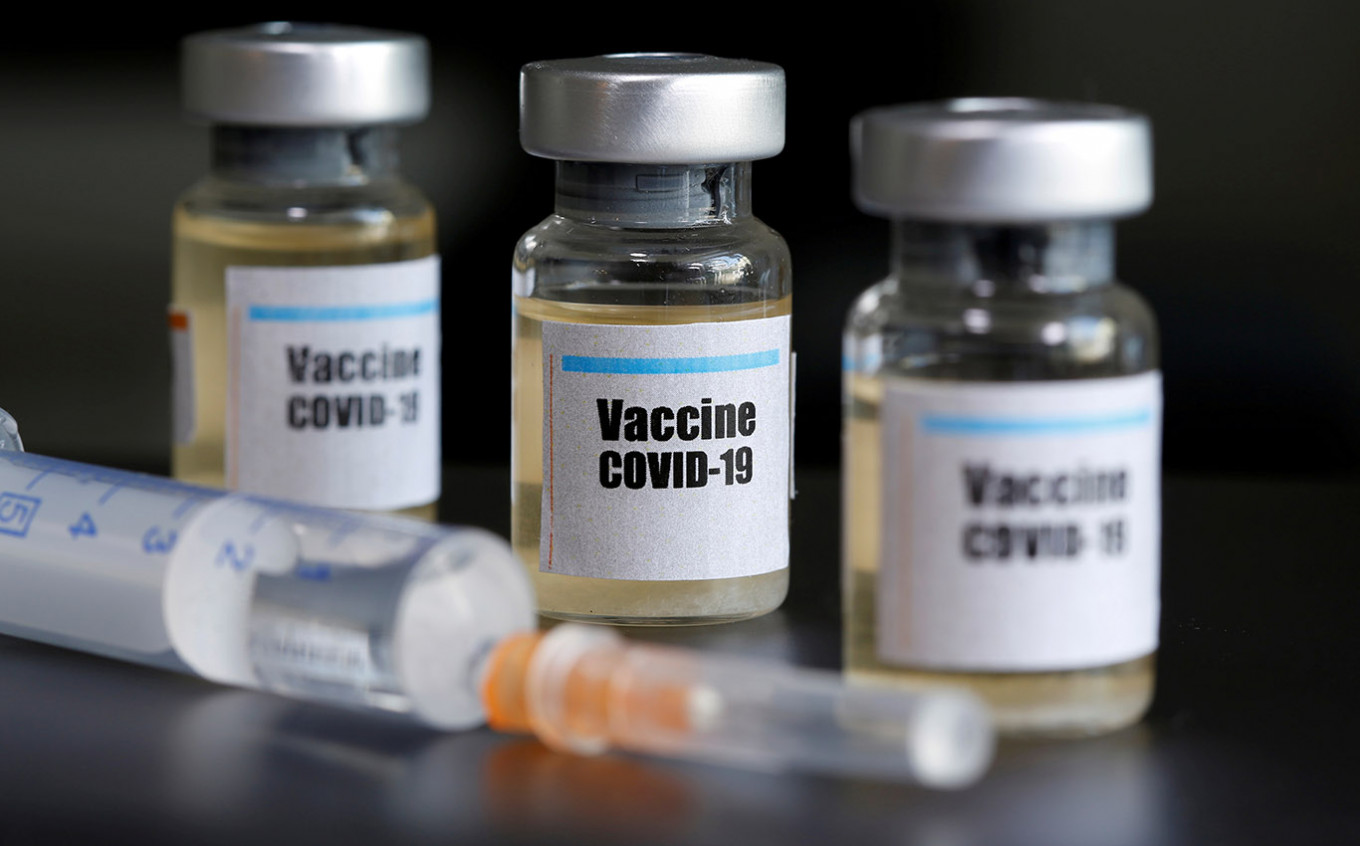The federal government has said it is targeting to commence local manufacturing of COVID-19 vaccines in the next 12 months.
This is just as the federal government on Tuesday, August 10, 2021, said it has concluded the training of about 40,739 health workers across the nation for the phase two vaccine roll out.
Mojisola Adeyeye, the director-general of the National Agency for Food and Drug Administration and Control, NAFDAC, who revealed government’s planned local manufacturing of COVID-19 vaccines while speaking on ARISE News Channel’s ‘The Morning Show,’ also said the agency has commenced clinical trials on three local herbal medicinal products for the treatment of the virus.
Adeyeye said the government was concerned about the absence of medicine security and its implications for the healthcare needs of the people.
She said the federal government was particularly worried about current challenges posed by inadequate supply of the vaccines to take care of millions of Nigerians, adding that the government was working diligently to start local manufacturing of the vaccine.
When asked to give update on the plan to establish a factory in Nigeria that would undertake local manufacturing of COVID-19 vaccines, Adeyeye said: “In terms of local manufacturing, the federal government is working assiduously to ensure that there will be local manufacturing of vaccines within a year.”
According to Adeyeye, with less than two percent of the country’s population vaccinated so far, the federal government was conscious of the constraints posed by lack of drug security.
Adeyeye further said NAFDAC has initiated a process to develop herbal medicine products in the country by setting up the Herbal Medicine Product Development Committee to advance the development of herbal medicine.
She added that the purpose was to bring herbal medicine practitioners and researchers together so as to subject their products to scientific investigation.
She described the development of herbal medicine as a very complicated process.
According to Adeyeye, NAFDAC undertakes a rigorous process in approving herbal medicines for the listing by inspecting the premises of the practitioner to ensure that it meets the required hygienic standards
She also said the agency runs a number of relevant tests before approving herbal medicine products for listing.
In addition, Adeyeye disclosed that NAFDAC has so far commenced clinical trials on three herbal medicine products with a view to confirming their efficacy for the treatment of COVID-19.
“Since the outbreak of COVID-19, we have approved 45 herbal medicines for listing for temporal approval but you cannot say that they cure COVID-19. Out of these numbers, two or three herbal medicine products have started clinical trials,” she said.
Adeyeye said listing a product only means that it is now safe for consumption but does not confirm how efficacious such a medicine would be until it is subjected to clinical trials.
“It does not confirm how efficacious such herbal drug is until it is subjected to clinical trials. To do clinical trial, it has to be well designed. It is not just that I gave it to 10 people in my village and it worked, but you have to do it in such a way that it will attract recognition across the world. That clinical trial stage is what is going on now,” she said.
Adeyeye also spoke of the Central Bank of Nigeria-assisted initiative known as the Research and Development Intervention Scheme which provides funds to assist local production of medicine.
“It cost a lot of money, that is why the CBN is helping to put some money into this intervention scheme for those who are successful during the grant review process,” she added.







